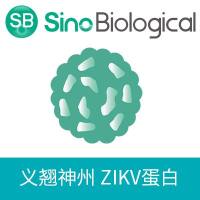The Analysis of Mitochondria and Mitochondrial DNA in Human Embryonic Stem Cells
As human embryonic stem cells (hESCs) undergo differentiation, they express genes characteristic of the lineage for which they are destined. However, fully differentiated individual cell types can be characterized by the number of mitochondria they possess and the copies of the mitochondrial genome per mitochondrion. These characteristics are indicative of a specific cell’s requirement for adenosine triphosphate (ATP) and therefore cellular viability and function. Consequently, failure for an ESC to possess the full complement of mitochondria and mitochondrial DNA (mtDNA) could limit its final commitment to a particular fate. We describe a series of protocols that analyze the process of cellular mitochondrial and mtDNA differentiation during hESC differentiation. In addition, mtDNA transcription and replication are key events in cellular differentiation that require interaction between the nucleus and the mitochondrion. To this extent, we describe a series of protocols that analyze the initiation of these key events as hESCs progress from their undifferentiated state to the fully committed cell. Last, we describe real-time polymerase chain reaction protocols that allow both the identification of mtDNA copy number and determine whether mtDNA copy is uniform (homoplasmy) in its transmission or heterogeneous (heteroplasmy).
![预览]()






